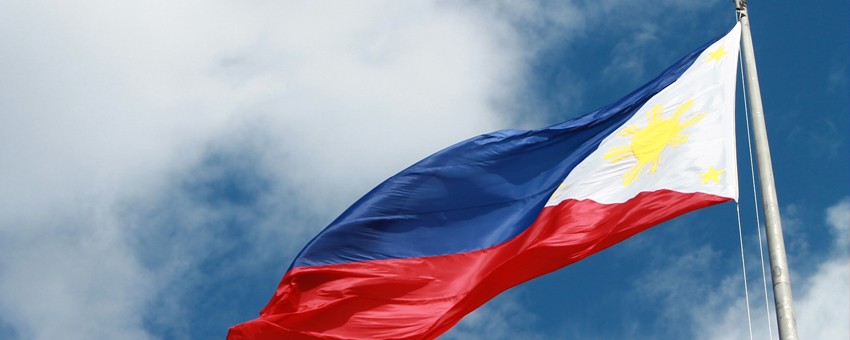
European tourists are worried that other tourist destinations in the country might suffer the same fate as Boracay, which not only had authorities cancel prebooked trips but also refuse to refund the payments.
The European Chamber of Commerce of the Philippines (ECCP) went on a tourism mission in Europe a few weeks ago, wherein the group tried to pitch the Philippines to tour operators there.
European tourists, however, were concerned about tourism developments in the country, according to ECCP president Guenter Taus.
These concerns came in the wake of the Duterte administration’s decision to shut down Boracay for six months starting April.
The decision—which was met with a mixed, if not mostly negative, reaction from stakeholders—was made to address the island’s environmental issues.
“It was clearly verbalized when we were there. They said if they (the government) can close one island, they can close any island, any time,” he said on the sidelines of a press briefing on Thursday night.
He said it had become harder to pitch the Philippines to tour operators, especially given the experience of some who couldn’t get their money refunded because it was allegedly force majeure.
Force majeure refers to a clause in contracts that removes liability for unavoidable catastrophes that interrupt the expected course of events, restricting participants from fulfilling obligations, according to the world’s largest financial education website Investopedia.
“But it’s not force majeure because it was closed by government,” he said. He added that making the pitch got more difficult because “people get scared.”
“You’re a tourist operator and you have 500 people booked and then they tell you, ‘Sorry. The island is closed. Get lost and you don’t get your money back,” he said.
ECCP, which celebrated its 40th anniversary in the country on Thursday night, is still trying to convince tour operators in the European Union to look at other parts of the Philippines, despite their concerns.
On top of that, Taus said that there would also be different missions that would try to tap investor interest in manufacturing, assembly and agriculture in the coming months.
An Austrian trade mission is also here, he said, comprised of different industries such as cosmetics and green energy, looking for local corporate partners.
This article was originally published in the Inquirer.Net on May 19, 2018»